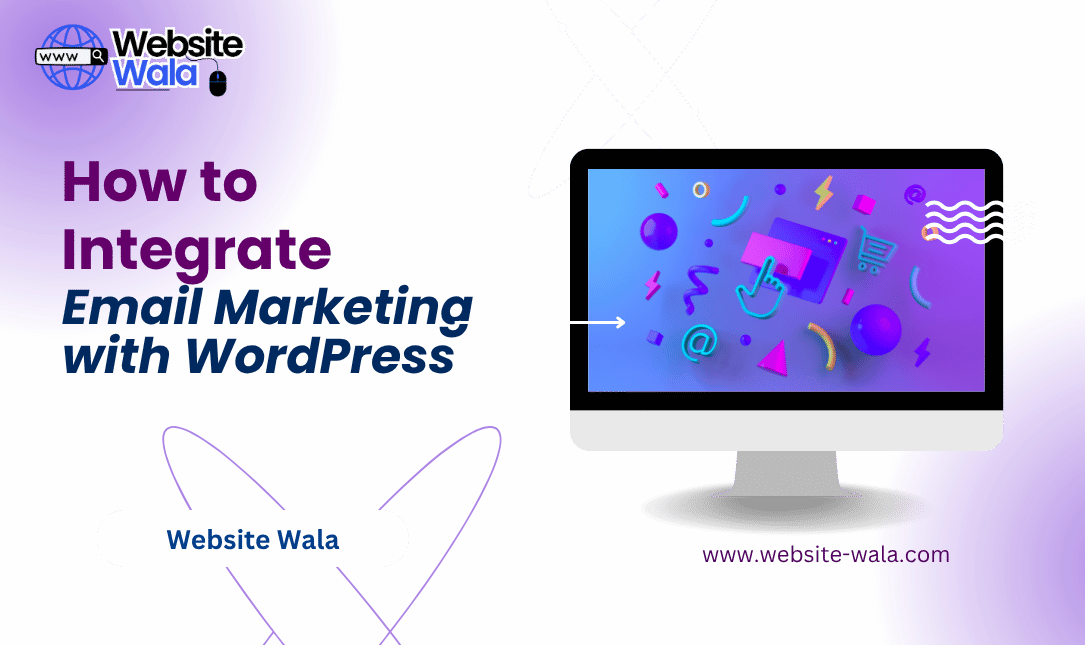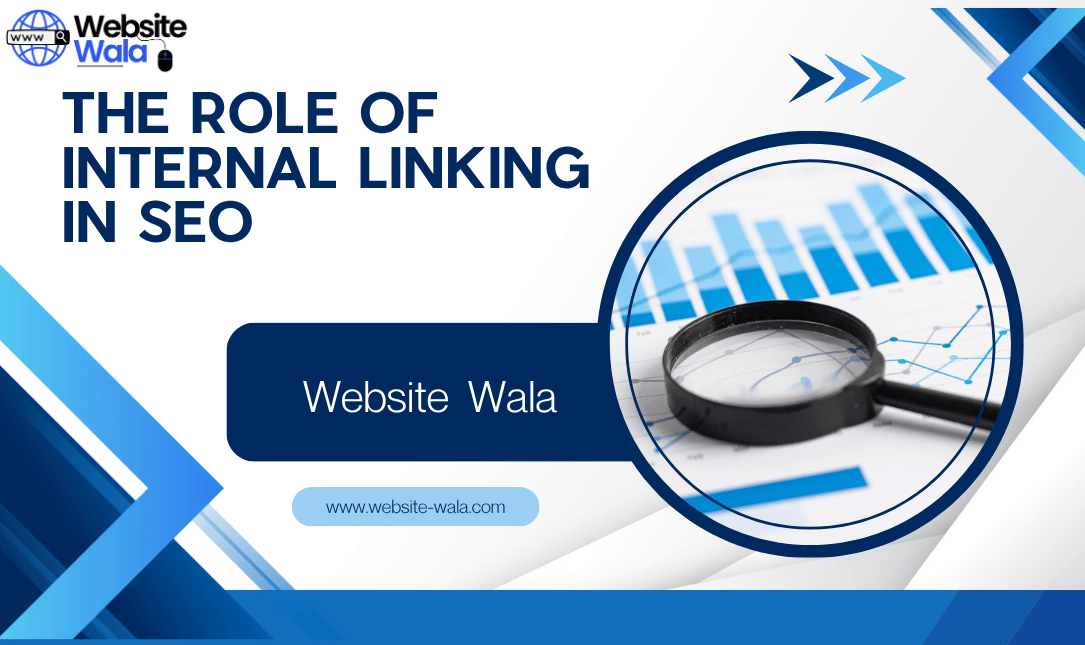
The impact of hosting on website load speed is crucial for user experience and SEO. Learn how hosting affects performance and ways to optimize your site.
The Impact of Hosting on Website Load Speed and User Experience
In today’s digital landscape, website speed is a crucial factor that influences user experience, search engine rankings, and conversion rates. One of the most significant elements affecting website performance is web hosting. The impact of hosting on website load speed is often underestimated, but the right hosting choice can make a substantial difference in how quickly a website loads and how effectively it serves visitors.
Why Website Load Speed Matters
Website load speed is more than just a technical metric—it directly impacts user engagement and business performance. Studies show that:
-
A one-second delay in page load time can reduce conversions by up to 7%.
-
40% of users abandon a website that takes more than 3 seconds to load.
-
Google considers page speed as a ranking factor for both desktop and mobile searches.
Since users have plenty of options, a slow-loading website can result in higher bounce rates, lower engagement, and decreased sales.
How Hosting Affects Website Load Speed
Your choice of hosting provider and plan significantly impacts website speed and overall performance. Here’s how:
1. Server Location and Latency
Hosting servers are physical machines that store your website’s data. The farther a user is from the server, the longer it takes for data to travel. This latency can lead to slower load times. Choosing a hosting provider with data centers closer to your target audience can improve speed.
2. Type of Hosting Plan
There are various hosting types available, each with different performance levels:
-
Shared Hosting: Multiple websites share the same server resources, often leading to slower speeds due to resource limitations.
-
VPS (Virtual Private Server) Hosting: Offers dedicated portions of a server, resulting in better speed and reliability.
-
Dedicated Hosting: Provides an entire server for a single website, ensuring maximum performance.
-
Cloud Hosting: Uses multiple servers to distribute load dynamically, leading to improved scalability and speed.
3. Server Performance and Hardware
The quality of a hosting provider’s infrastructure plays a crucial role in load speed. High-performance SSD storage, powerful CPUs, and sufficient RAM contribute to faster data retrieval and better overall website performance.
4. Bandwidth and Traffic Handling
Web hosting plans come with different bandwidth limits. If a hosting plan cannot handle high traffic efficiently, users may experience slow speeds or downtime during traffic surges. Opting for a plan with scalable bandwidth ensures smooth performance even during peak periods.
5. Content Delivery Network (CDN) Support
A Content Delivery Network (CDN) helps improve website speed by caching content and serving it from multiple locations worldwide. Many hosting providers offer CDN integration, reducing the load on the primary server and decreasing page load times.
6. Server Uptime and Downtime Issues
Frequent downtimes due to unreliable hosting can frustrate users and harm search engine rankings. A hosting provider with at least 99.9% uptime guarantee ensures that your website remains accessible and loads efficiently at all times.
Choosing the Right Hosting for Speed Optimization
To optimize your website load speed and enhance user experience, consider these best practices when selecting a hosting provider:
-
Go for SSD-Based Hosting: SSDs are faster than traditional HDDs, resulting in quicker data processing.
-
Pick a Hosting Plan Based on Traffic Needs: If expecting high traffic, avoid shared hosting and opt for VPS, dedicated, or cloud hosting.
-
Select a Provider with a Global CDN: A hosting provider with integrated CDN services significantly enhances speed.
-
Ensure High Resource Allocation: Check the CPU, RAM, and bandwidth limits before choosing a plan.
-
Opt for Reliable Customer Support: Fast technical assistance can help resolve performance issues quickly.
The impact of hosting on website load speed is undeniable. A poor hosting choice can slow down your site, leading to frustrated users, lower search rankings, and lost revenue. On the other hand, selecting a high-quality hosting provider with the right infrastructure, server locations, and support for performance enhancements like CDNs and SSDs can significantly improve load times. Investing in the right hosting solution is essential for providing an exceptional user experience and achieving business success.























